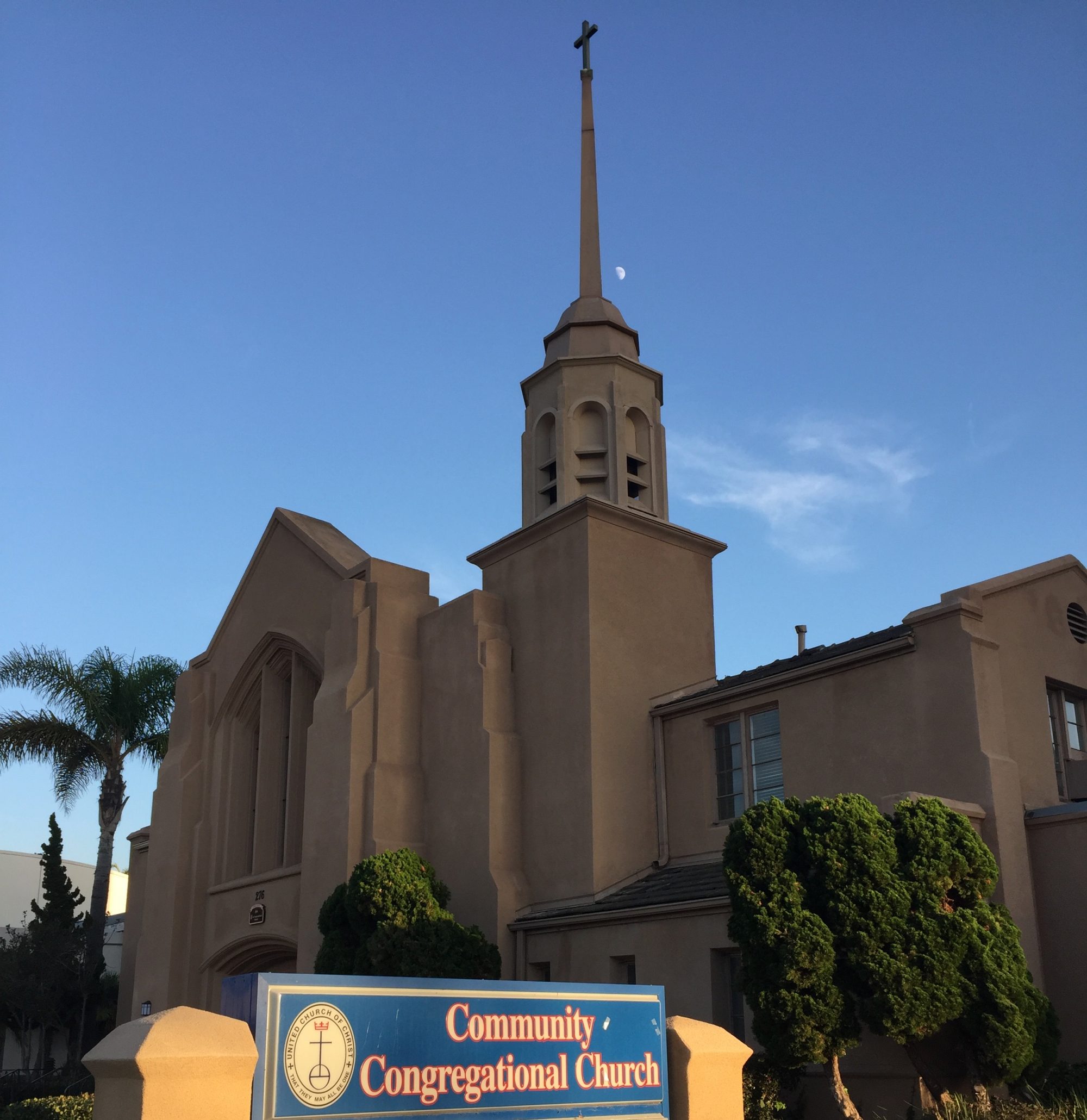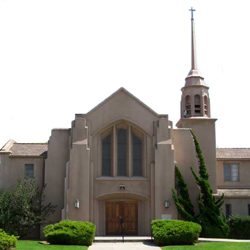“Waiting in Hope”
A meditation based on Psalm 130:5-6 and John 1:1-14
December 3, 2017
Community Congregational Church of Chula Vista
Dr. Sharon R. Graff
* * * * *
The psalm writer is so timely in his or her writing today! Hear the words again: “I wait for God, my soul waits, and in God’s word I hope. My soul waits for God more than those who watch for the morning, more than those who watch for the morning.” You always know, when you’re reading scripture, that when the verse repeats itself, there is a lot of truth the writer really wants to communicate! So, he or she will say it a couple of times to make sure we get it!
Any of you, who have lived through a long night, know the meaning of the image of waiting and watching for the morning light. Maybe you’ve been in the ER with a injured family member, or waiting for word from a loved one all through the night, or up for hours with a sick child, or simply awake as your mind races from one anxiety to another. We’ve all been there, in one way or another. We’ve waited through many a long night, and we know what the psalmist means with those words: we wait for God like one who watches for the morning.
Let’s be clear, waiting is not something most of us enjoy. Are there any other “wait haters” here today?! Waiting is difficult…because waiting is usually about not yet knowing. And not knowing—not knowing the outcome, not knowing the information, not knowing the full picture—not knowing, when we live in this age of vast knowledge and instant information, that “not knowing” is quite a challenge for us.
Lately, I’ve had opportunity to have conversations with a number of people about waiting. No surprise…very few enjoy the wait itself. My hope, in creating this 4-part sermon series about waiting, is that we all can begin to appreciate the wait a bit more. For waiting—seasons of waiting—offer us some pretty amazing gifts, if we can calm our impatience and quiet our thirst for information and simply sit in the wait and notice the presence of God there…we will be blessed by waiting.
The psalmist seems to know that, in writing about waiting and hope being intertwined. Let’s think about that for a bit. When we are thrust into a season of waiting, we usually have some visible outcome in our mind, yes? Maybe we have several! In a sense, that’s hope. For hope, at its most basic definition, is the image of a future. Now, that future image may be bleak or encouraging or anywhere in between. What matters is that it is an image of future. And therein lies hope.
Years ago, when I was working on my doctoral dissertation, I both lived and learned about this most basic element of hope, that is, the sense of future. My dissertation was about attempted teen suicide, and I was particularly interested about what pastors and congregations can do to help a family heal after a suicide attempt. And I learned that the theological heart of the matter for a suicidal person is their loss of hope. So, too, their healing is dependent on their regaining hope; and that is done, bit by bit, baby step by baby step, through their visualizing and fashioning a future. The quality of that future vision is not as important as is the fact that the person can see themselves living in the next minute, the next hour, the next month, the next year.
I think the psalmist gives us a clear teaching about this powerful experience of hope, while we wait. The seasons of waiting are made more tolerable by the visual image of a future; and those seasons of waiting can even be life-giving to us when we have that future image in our minds and hearts.
The author of John certainly practiced this hopeful waiting. When he wrote the gospel passage we read today, followers of Jesus like himself were being fed for sport to the lions of the Roman Empire. Christians had to meet underground, and yet the author of John poetically writes of a future image in which Jesus is seen as “the light,” as “the true light, which enlightens everyone,” even the Romans! The author, while perhaps fearing for his own life, writes of Jesus as “that Word from the beginning made flesh now and living among us…” That’s powerful hope! That’s transformative vision of the future. And that, friends, changes the game of waiting. More next week…!

